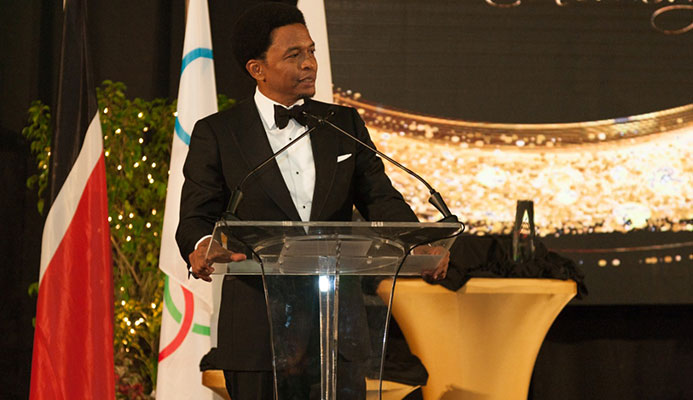The decision-making process is a critical aspect of sport governance. All of us make decisions every day. What to wear, what to eat, may be simple decisions depending on where you are at a particular point in your life cycle.
An important factor in any decision, be it a simple decision or a complex decision, is what do you consider when deciding? The starting point for most decisions - in other words, the basics of decision making, gathering and analysing information.
Sport leaders and administrators are tasked with making decisions every day. What is the difference? What determines if a decision is simple or complex? A simple or routine decision is defined in academic literature as straight forward, repetitive and mundane. Complex problems tend to be at times unexpected or unintended. Regardless, in arriving at a decision, it is essential to follow an organised, well thought out process.
Decisions, especially those considered of great importance, cannot be left to chance. A process that is claimed to aid the decision-making process, is the Rational Model based on Robbins. The Model's architectural framework includes:
- Identify the REAL problem
- Identify the decision objective
- Gather all pertinent information
- Identify any obstacles
- Brainstorm alternatives
- Narrow down the options
- Examine the pros and cons of each option
- Make the decision
- Evaluate the decision.
Another decision making method which takes a more global view of the organisation and the implications of decisions, is called the SLEEPE principle. The decisions sport leaders make are often publicly scrutinized by the media, fans and the general public. It is therefore important that sport leaders apply their conceptual skills to see the big picture. By using the SLEEPE method decision makers can analyse decisions that may have far reaching implications either negative or positive. SLEEPE is a modification by ( Hums, 2006; Hums & Wolf, 2017) of the original SLEEP model by W.Moore at Ohio State University in 1990. What is SLEEPE?
- S-Social
- L-Legal
- E-Economic
- E-Ethical
- P-Political
- E- Educational.
Using SLEEPE can help sport leaders understand how their decisions will be viewed by various stakeholders.
Sport leaders must be mindful of dealing with governance issues, which can have far reaching consequences that shape the direction and future of their organisation.
Too many sport leaders make decisions on the basis of how they are feeling and who they like or dont like . Given the public scrutiny sport leaders are facing, leading by" vaps" is no longer viable or credible.
Effective leadership is transformational, bringing positive change to a sports organisation. What sport stakeholders must ask their leaders or those seeking leadership roles is this - What is your vision? Where do you see this organisation in 50 years or even 100 years?
The answer will be instructive.
Written by Brian Lewis
The views expressed are not necessarily those of the TTOC and TTCGA.

